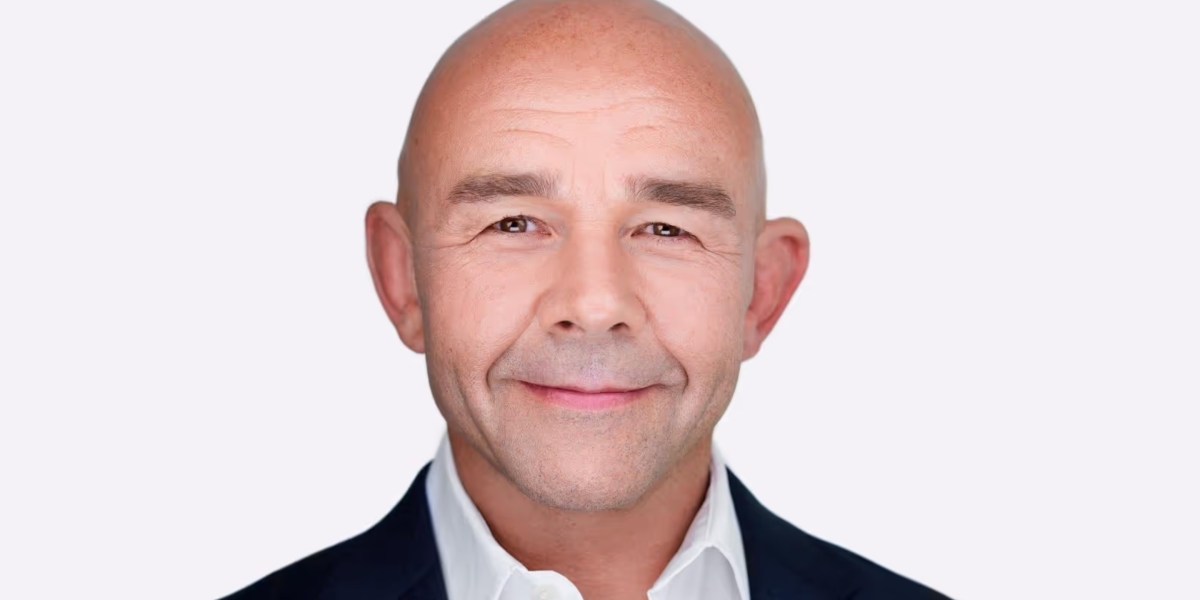
Sanofi has managed the most difficult task faced by managers around the world: getting their employees back to the office with minimal disruption.
It’s an impressive feat for a company that last year said it was going “all-in on AI.” Sanofi, the $50 billion French pharmaceutical company, is rapidly transforming its operations into one AI-first model. Thousands of employees use its automated app Play, powered by German startup Ily Labs, on a daily basis.
Company managers are able to pinpoint manufacturing capacity at plants around the world and quickly schedule meetings with colleagues using its AI agents, cutting through communication barriers in Sanofi’s multinational operations.
However, despite all this global digitization, the company has reinforced the need for face-to-face contact to drive innovation.
‘Sarandeepta’ in the office
Sanofi employees work in the office three days a week, typically on Tuesdays, Wednesdays and Thursdays, under a hybrid model.
while talking to destiny In Paris, Sanofi’s chief digital officer, Emmanuel Fraunhardt, said the change was critical to driving innovation at the company as workers kept things going during the upheaval of the Covid-19 pandemic.
Providing reassurance that AI was a job enhancer rather than a job taker, Fraunhard reiterated the value of humans in the future of work, but only if they can work together as individuals.
“This technology is a facilitator. Technology is not going to leave us. Technology is not going to replace us. Technology is going to complement us. So you really, really need humans to be able to operate it. ,” Freinhard explained destiny.
“And you need something that is very special, what humans call serendipity,” he added.
“When you work from home, every part of your day is scheduled because that’s how my calendar is. There’s no moment of, ‘Hey, have you thought about that?’
“How many great inventions were scheduled? How many great moments of innovation were scheduled? They’re not. They’re conversations, they’re challenges. And that’s why it’s so hard to achieve. [working from home].
“Now you come back to the office, because that’s what you do when you’re remote in one of our biggest existential crises to keep something going.
“Creating new innovation, I think that’s partly difficult, and so we told people, we’re going to give you flexibility, but Tuesday, Wednesday, Thursday, you’re going to be together because that’s where you are going Be the most productive.”
Freinhard said when Sanofi implemented the shift, very few candidates dropped out of the hiring process.
“But I think we were antagonists,” he said. “I think adversaries are becoming common.”
Indeed, many companies have cracked down on employees who have gone remote during the pandemic. Several large companies have joined Sanofi to invite employees to return to the office on a hybrid basis.
Others, however, including Amazon And iPhone challenger nothinghas asked staff to return to the office five days a week or face dismissal. The news has not been received well by employees in general.
A common rationale for these RTO mandates between bosses is the inexhaustible innovation that comes from individual collaboration. Fraunhardt’s clear interpretation of these trends may explain why Sanofi employees have been willing to make a comeback without much fanfare.
Sanofi’s AI hiring push
Because of its AI overhaul, Sanofi’s talent pool has shifted toward hiring data scientists and engineers. That leaves the company battling tech conglomerates in an increasingly competitive job market.
One reason in particular, Freinhardt says, is that the demand for technical workers, which Freinhardt said he has no problem recruiting, was not deterred by Sanofi’s RTO mandate.
“You can work for a digital bank or fund. You can work for TikTok, it can be fun. Or you can work and you can actually see the impact you have on people’s lives,” Freinhardt said.
“It took us a while to find that voice in the public. But we don’t have a problem recruiting at this stage, because post-Covid, there is a better realization in our industry that health is important. There is a better realization that life-saving medicine is very important. “










